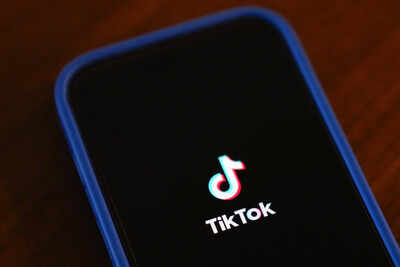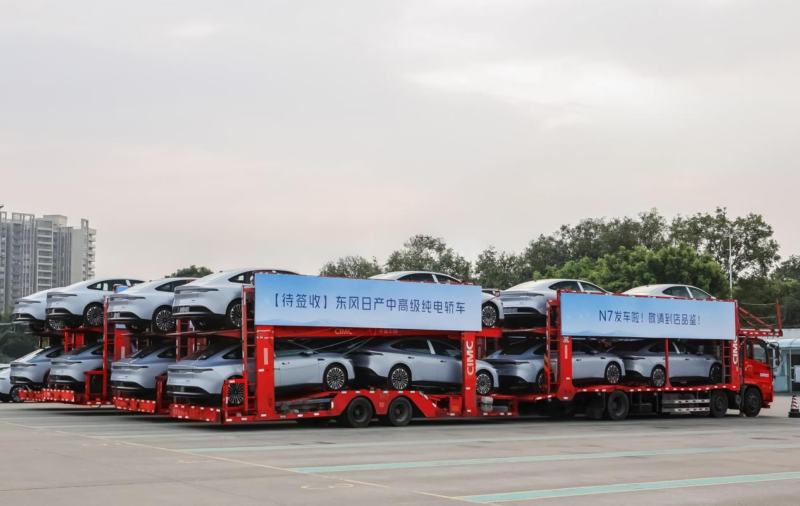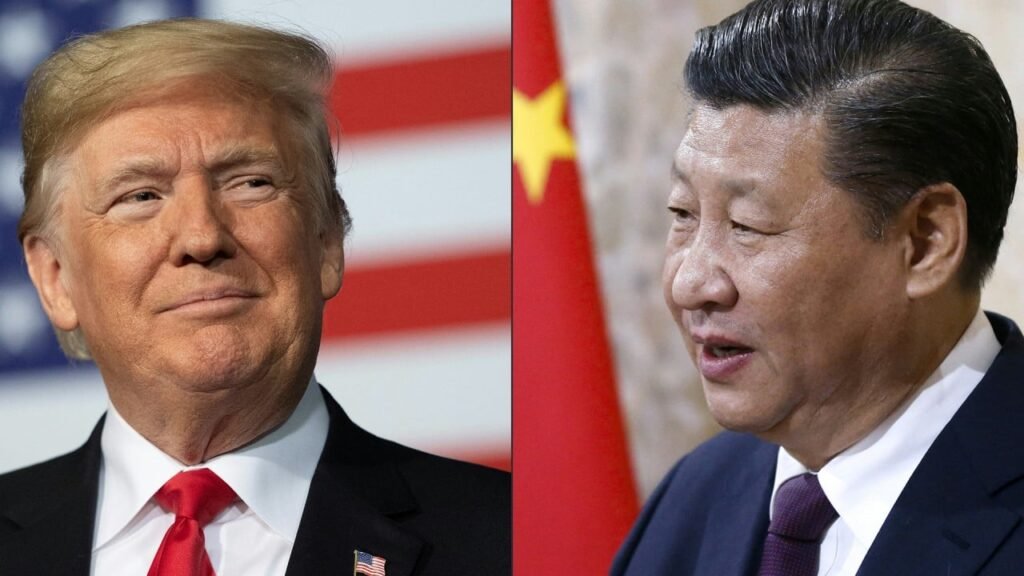
TikTok is building a separate version of its app exclusively for US users as the company moves closer to finalizing a sale to American investors, according to a report from The Information citing unnamed sources. The new app, internally dubbed “M2,” is scheduled to launch in US app stores on September 5, ahead of the mid-September deadline for ByteDance to divest its American operations.
Oracle partnership key to resolving US’ national security concerns for TikTok
The development comes as President Donald Trump announced he will begin discussions with China about a potential TikTok deal, stating the US “pretty much” has an agreement for the sale of the short-video platform. The deal would involve a group of non-Chinese investors, including Oracle, with ByteDance maintaining only a minority stake to satisfy federal requirements.Under the current timeline reported by The Information, the original TikTok app will be removed from US app stores when the new version launches. American users will need to download the replacement app to continue accessing the platform, as the existing version will stop functioning entirely by March 2026.
Separate app required due to Apple Store restrictions
The unusual move to create a completely separate app stems from Apple’s policies, which don’t allow developers to create region-specific versions within a single app listing. This means TikTok must distribute the US version as a distinct App Store entry with a new bundle identifier, a significant undertaking for a platform serving an estimated 170 million American users.The new app represents the latest chapter in TikTok’s ongoing battle to remain operational in the US. Congress passed legislation requiring ByteDance to sell its American operations or face a nationwide ban due to national security concerns. Trump has issued three extensions to the original January deadline, with the current extension running through September 17.All user data will reportedly be transferred to US-based infrastructure as part of the transition, addressing longstanding concerns about Chinese government access to American user information.








